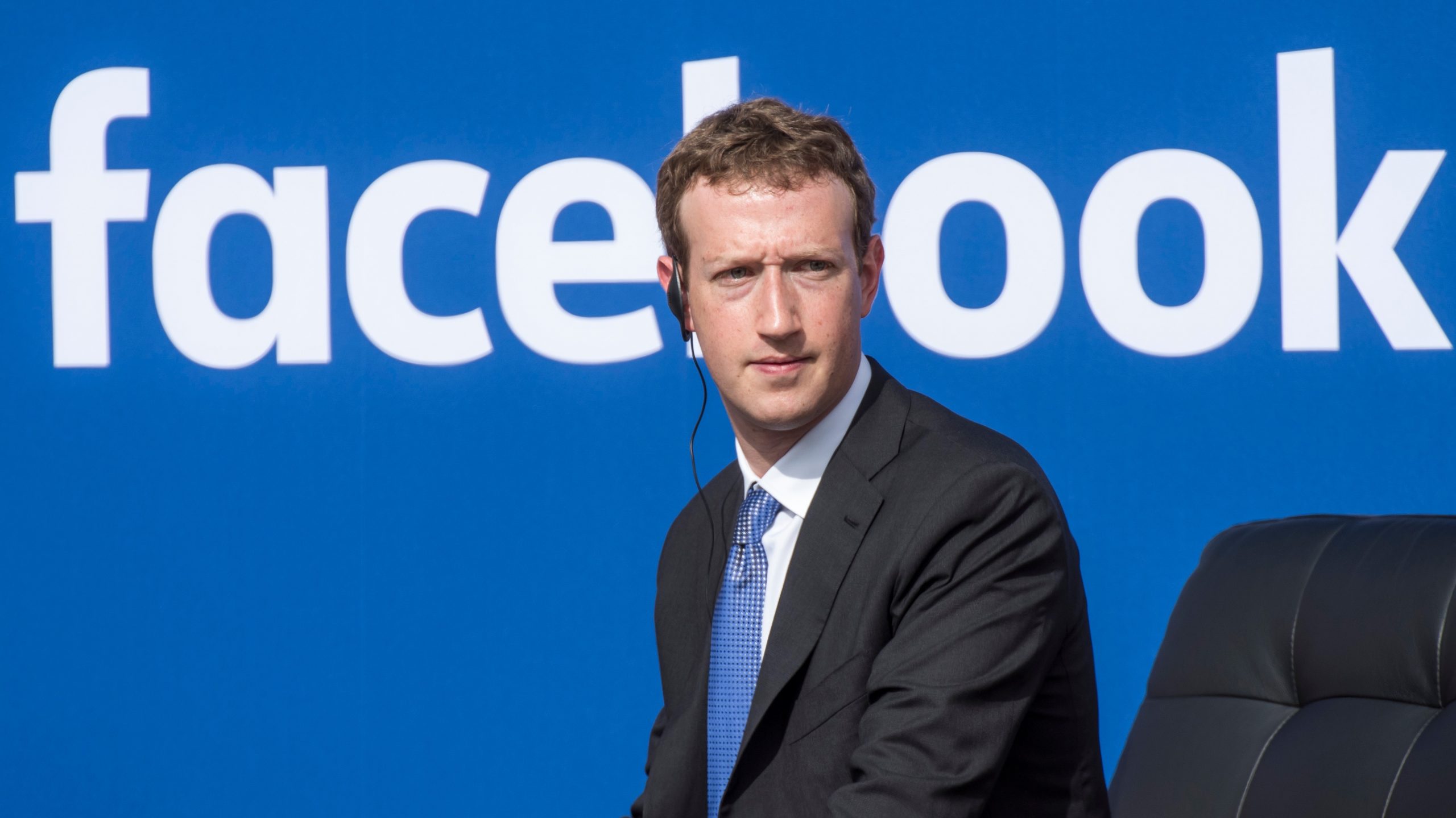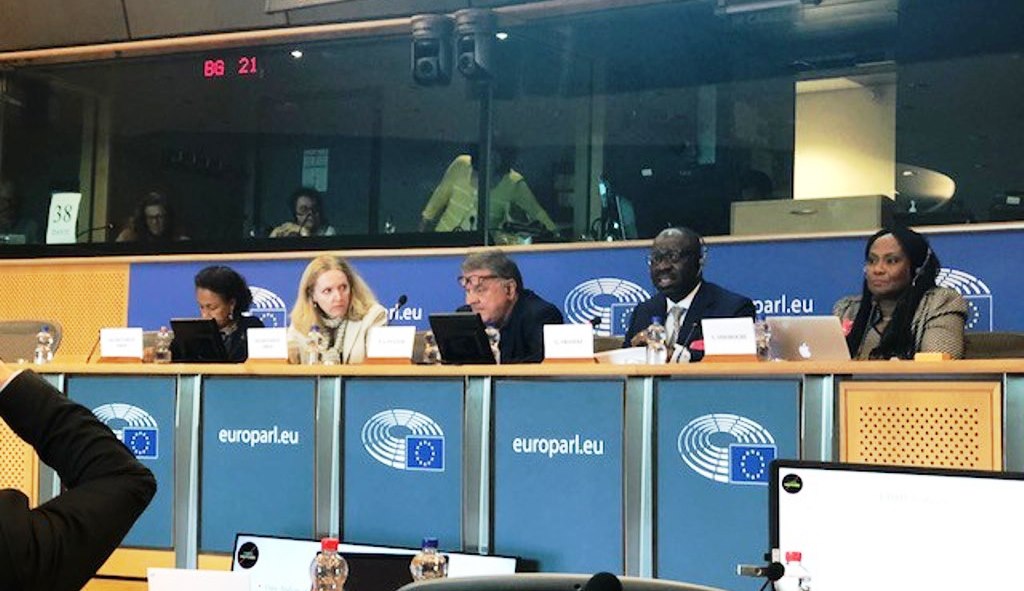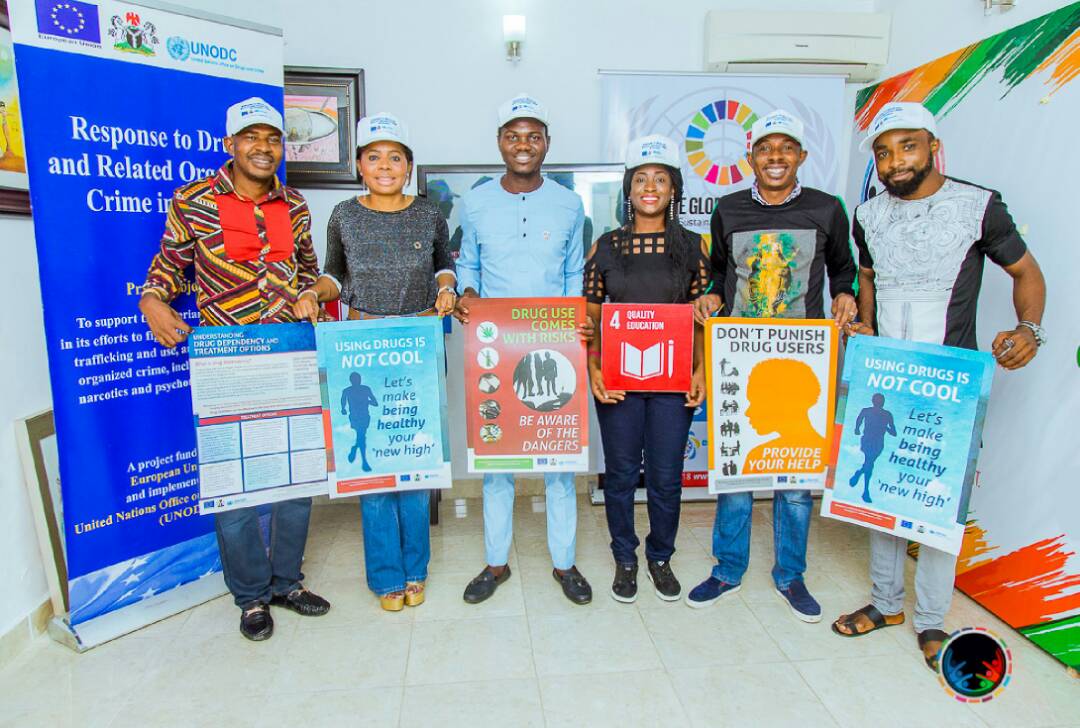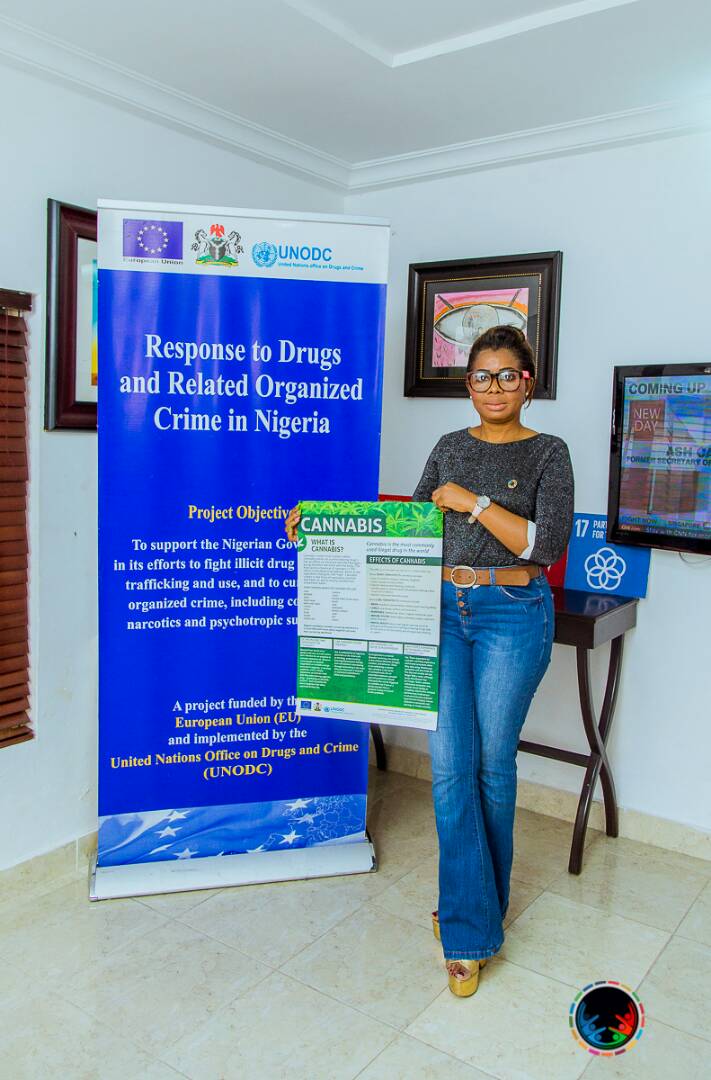United States software giant Microsoft is set to win unconditional EU antitrust approval for its 7.5 billion dollars purchase of privately held coding website GitHub, official sources said on Monday.
Microsoft announced the deal in June, its largest acquisition since it bought LinkedIn for 26 billion dollars in 2016.
The GitHub deal is expected to boost the U.S. software giant’s cloud computing business and challenge market leader Amazon .
GitHub, the world’s largest code host, has more than 28 million developers using its platform.
It will become a part of Microsoft’s Intelligent Cloud unit once the acquisition is completed.
Microsoft Chief Executive Satya Nadella has tried to assuage users’ worries that GitHub might favor Microsoft products over competitors after the deal.
It said GitHub would continue to be an open platform that works with all public clouds.
The European Commission, which is set to decide on the deal by Oct. 19, did not respond to a request for immediate comment. Microsoft declined to comment.
Tag: EU
-
Microsoft’s $7.5bn GitHub deal set for EU approval
-
Google makes progress in addressing competition concerns
European Competition Commissioner, Margrethe Vestager on Friday said Google’s proposals to increase competition in online shopping are bearing fruit.
TheNewsGuru (TNG) reports Europe’s antitrust chief suggested that the Internet giant may be able to avoid further fines by so doing.
Vestager said she saw further improvement since Google’s first report in June showed some rivals had benefited from the company’s action.
“We had another compliance report… and we see improvements in numbers but we are still following it very, very closely and have taken no decision yet,” she told a briefing on the sidelines of the Globsec Tatra Summit.
Alphabet’s Google last year offered to allow price-comparison rivals to bid for advertising space at the top of a search page, giving them the chance to compete on equal terms, seeking to appease regulators after the European Commission fined it a record EUR 2.4 billion ($2.8 billion) for favouring its own service.
The US company submitted a second progress report at the end of September and failure to comply with the EU competition enforcer’s order could expose it to fines of up to 5 percent of its average daily global turnover.
“I take a keen interest in what some of the other shopping comparison services say. Having met with a couple of them, of course that raises new questions for us,” Vestager.
-

Facebook’s lead EU regulator opens probe into data breach
Facebook’s lead regulator in the European Union, the Irish Data Protection Commissioner (DPC), continued on Thursday an investigation into a massive cyberattack on the social networking site that the company disclosed last week.
Facebook said on Friday that hackers had stolen login codes that allowed them to access nearly 50 million Facebook accounts.
This is its worst-ever security breach given the unprecedented level of potential access.
“In particular, the investigation will examine Facebook’s compliance with its obligation under the General Data Protection Regulation (GDPR) to implement appropriate technical and organizational measures.
Such measures will ensure the security and safeguarding of the personal data it processes,” the DPC said in a statement.
Under the new GDPR European privacy regulations which came into effect in May, breaking privacy laws can result in fines of up to 4 per cent of global revenue or 20 million euros whichever is higher.
The fine is as opposed to a few hundred thousand euros previously.
The DPC said that Facebook informed it that their own internal investigation is continuing and that the company continued to take remedial actions to mitigate the potential risk to users.
DPC is regulates a number of U.S. multinationals with European headquarters in Dubsaid.
Facebook said on Tuesday that investigators had determined that the hackers did not access other sites that use the social networking site’s single sign-on.
Some security experts, including former Facebook executive, said the company may have painted worst-case scenario when it disclosed the attack on Friday to ensure compliance with the strict new European Union privacy rules.
GDPR imposes steep penalties if companies fail to follow rules that include a requirement that they disclose breaches within 72 hours of discovery.
That is a tight window that security experts say does not give investigators adequate time to determine the impact of the breach.
Facebook’s latest vulnerability had existed since July 2017, but the company first identified it on Tuesday of last week.
-

Amnesty International blames EU over migrant deaths in Mediterranean
The human rights organisation, Amnesty International, in a report released in London on Wednesday blamed the countries of the European Union for the high number of migrant deaths in the Mediterranean so far this summer.
“The EU’s support for the Libyan Coastguard in preventing departures from the North African coast for Europe and turning boats back to Libya is “contributing to rendering the central Mediterranean route more dangerous for refugees and migrants, and rescue at sea unreliable.
“Some deaths at sea along this perilous route are unavoidable, as long as smugglers force people to travel in unseaworthy and overcrowded boats, with no food, water, safety equipment, or sufficient fuel on board.
“The recent surge in deaths at sea, however, cannot be dismissed as an inescapable misfortune,” the rights charity said, singling out the new populist government in Rome for special criticism.
Italy has denied entry to its ports to several boats with rescued migrants on board and has impounded rescue boats belonging to non-governmental organisations.
Malta has acted similarly.
This has “rendered the search and rescue system unreliable, unpredictable, and punitive,” Amnesty said.
While fewer people were managing to reach Europe via the so-called central route to Italy, more were drowning at sea: The UN’s International Organisation for Migration (IOM) reported a record monthly total of 564 deaths in June and a further 157 in July.
Across the whole Mediterranean, 1,514 migrants have died making the treacherous sea crossing this year.
“The refusal to allow disembarkation has left “frail and exhausted rescued people” stranded at sea for days and weeks.
“This is increasing the risk that distress calls will not be answered and people will be sent back to Libya to face “torture or ill-treatment … in breach of international and European law.
“The number of people detained in Libyan detention centres has more than doubled from 4,400 in March to over 10,000 by the end of July,’’ Amnesty said, citing the Libyan authorities.
-
EU fines Google $5bn for breaching union’s competition rules
The European Commission on Wednesday fined Google a record 4.3 billion euros (five billion dollars) for breaching EU competition rules with its Android operating system for smartphones and tablets.
The commission accused Google of hindering competition and reinforcing its dominant position among search engines by forcing manufacturers to pre-install its search engine and Chrome web browser on Android devices in order to use any of its licensed apps – such as the popular Google Play app store.
Android is the world’s most-used smartphone operating system and runs on about 80 per cent of mobile devices worldwide.
The open-source software is provided to manufacturers free of charge, while Google derives revenue from advertising displayed in its apps.
Google has rejected the EU’s accusations, arguing that its approach encourages competition.
Wednesday’s penalty will outstrip a previous record fine of 2.42 billion euros that the EU’s competition watchdog imposed on Google in 2017 for boosting its own shopping service in online search results.
These are the top two highest antitrust fines the commission has imposed on an individual company, followed by a 1.06-billion-dollar fine on chip manufacturer Intel in 2009.
Google has appealed the penalty issued for its Google Shopping service before the European Court of Justice and is likely to take legal action against Wednesday’s decision too.
The commission had given Google 90 days to end the illegal restrictions on mobile phone manufacturers and network operators
EU Competition Commissioner Margrethe Vestager said “At a minimum, Google has to stop and to not re-engage in any of the three types of practices,” the commission says, noting that equivalent measures are also prohibited.
-

Human trafficking: Obaseki makes case for improved support, partnership
The Edo State Governor, Mr. Godwin Obaseki, has made a strong case to the European Parliament for improved and sustained support that will strengthen the state government’s efforts to curb human trafficking and illegal migration.
Governor Obaseki, who said this during a session with the European Union Parliament Sub-Committee on Human Rights (DROI), in Brussels, Belgium, noted that the state government has created structures and set up institutions such as the Edo State Taskforce Against Human Trafficking, to ensure reintegration of victims of human trafficking and illegal migration.
Part of the state government’s delegation is the Chairperson of the Edo State Taskforce Against Human Trafficking and the state’s Commissioner for Justice/ Attorney General, Prof. Yinka Omorogbe.
The governor said that much as the institutional framework has been firmed up, the state also needs improved support for sustainable implementation of its programmes to curb human trafficking, which will serve to reintegrate returnees and provide teeming youths with on-demand skills to become employable and self-sufficient in the long run.
According to him, “We have a wholistic programme to curb human trafficking and illegal migration. Already, the campaign has gotten the backing of the Oba of Benin, whose support has proved instrumental to curbing the trend.
“Our programmes do not only stop at receiving and reintegrating returnees into society, but also include well laid out plans to rebuild institutions for capacity building and vocational training such that our youths would acquire globally-competitive skills to enable them lead better, fulfilling lives.”
Governor Obaseki earlier met with a member of the European Parliament Sub-Committee on Human Rights, Mr. Josef Weidenholzer, to firm up modalities for the European Union’s engagement with the state government on strategies for enduring solutions to human trafficking.
Governor Godwin Obaseki has led an all-out-war against human trafficking and illegal migration.
Edo state accounts for a considerable share of illegal migrants out of Nigeria to Europe, a good number of who die in the Mediterranean while attempting to cross to Europe. But the Governor Obaseki administration has sustained a campaign against the trend, with the signing of the law against human trafficking last June which has been hailed by experts and analysts as a major milestone in institutionalising the campaign.
The state government’s law prohibiting trafficking in persons signed into law provides an “effective and comprehensive legal and institutional framework for the prohibition, prevention, detection, prosecution and punishment of human trafficking and related offences in Edo State.”
The European Parliament’s Subcommittee on Human Rights is responsible for “evaluating the implementation of EU instruments in the field of human rights and democracy, the right to hold the Commission and the Council accountable for their activities in this area and ensuring the continuous dialogue with international agencies working in the field of human rights in order to guarantee consistency between EU and international instruments in this field.
“The committee is also responsible for providing a platform for the analysis of human rights claims related to specific topics and/or regions and using this platform for input on human rights and democracy in reports to the Parliamentary Committee for Foreign Affairs, agreements with third countries included.”
-

Google’s delay creates compliance mess
Google’s delayed entry into the consortium of advertising technology companies has spoiled the members’ push to comply with a new European Privacy Law, leaving some firms exposed to fines, media officials said today.
Most at risk are unwitting owners of ad-funded websites and apps, which Google has said, have the responsibility of getting consent to serve targeted ads to European consumers.
The experience shows how Google policy decisions cascade through the $200 billion global online advertising industry, which is dominated in most facets, by the Alphabet Inc unit.
Data about a website visitor’s identity can pass through a dozen ad tech firms before an ad is loaded.
Each one must have user consent or another legal basis to access it under Europe’s General Data Protection Regulation (GDPR).
Hundreds of ad tech firms launched software together a month before GDPR kicked in on May 25 to verify consent before displaying ads.
Google announced on May 22 that it would not join the industry programme until August.
It devised a temporary solution that people said has been imperfect.
As a result, some of Google’s advertising clients are targeting ads to users, who have not given consent to personalised marketing.
Google declined to comment on possible policy violations, instead reiterating that GDPR “is a big change for everyone’’ and that it is working with partners on compliance.
GDPR fines can reach as high as 4 per cent of a firm’s annual revenue.
Four ad tech executives said they are counting on deference from regulators until Google supports the consortium technology.
“Once Google adopts the consent framework, much of the confusion will start to settle down a bit,’’ said Walter Knapp, Chief Executive of ad software company, Sovrn Holdings Inc.
Authorities in France and Germany said they have yet to investigate consent issues related to online ads.
Financial and legal analysts said it is a matter of time.
A crucial issue has involved Google’s DoubleClick Bid Manager (DBM), which large advertisers use to purchase ad space from ad exchanges.
Many websites now present European visitors with pop-ups, asking for consent to send identity data to exchanges and DBM as ad space with user information is far more valuable.
The issue is that DBM cannot yet accept users’ selections because it does not support the consortium standard.
Big exchanges such as AppNexus Inc and Rubicon Project Inc have worked around by guaranteeing that they will only offer ad space on DBM when users have consented.
AppNexus and Rubicon Project declined to specify how they are ensuring compliance.
They told websites it was up to them to block DBM if they cannot meet the guarantee, according to emailed notices seen by Reuters.
It is unclear how many websites have taken the precaution.
“The responsibility lies squarely on the publishers,’’ said Erin Yasgar, a team lead at online advertising advisory firm, Prohaska Consulting.
DBM data last month showed that AppNexus and Rubicon Project did not offer significantly less ad space on DBM after making the consent-only guarantee, according to official sources.
Yet, at least 10 per cent of European users are not giving consent, the executives said.
Google operates a rival exchange, which has spotty enforcement of publishers, according to a Reuter’s review last week of several websites that displayed personalised ads before obtaining permission.
-

Facebook’s Zuckerberg faces EU Parliament grilling
Facebook Chief Executive Mark Zuckerberg will meet with leaders of the European Parliament on Tuesday.
He meets them to answer questions about how the data of millions of Facebook users ended up in the hands of a political consultancy.
The meeting comes three days before tough new European Union rules on data protection take effect.
Companies will be subject to fines of up to four per cent of global turnover for breaching them.
Facebook has come under scrutiny from politicians on both sides of the Atlantic.
The scrutiny arose after it emerged that Cambridge Analytica improperly acquired the data of 87 million users, including up to 2.7 million in the EU.
Analytica is a British political consultancy that worked on U.S. President Donald Trump’s campaign.
Zuckerberg has apologized for the leak in testimony to the U.S. Congress, but questions remain over how the company’s data policies let the leak happen.
Zuckerberg will stress Facebook’s commitment to Europe, where it will employ 10,000 people by the end of the year, according to pre-released remarks.
“I believe deeply in what we’re doing. And when we address these challenges, I know we’ll look back and view helping people connect and giving more people voice as a positive force in Europe and around the world,” Zuckerberg is expected to say.
He will also apologise for failing “to take a broad enough view” of the company’s responsibilities, “whether it’s fake news, foreign interference in elections or developers misusing people’s information.”
Zuckerberg will meet with the President of the European Parliament, Antonio Tajani, the leaders of the parliament’s political groups and the chair of the civil liberties committee, Claude Moraes.
The meeting will be livestreamed after an outcry over plans to hold it in private.
Since the Cambridge Analytica scandal, Facebook has suspended 200 apps from its platforms as it investigates third-party apps that have access to large quantities of user data.
Cambridge Analytica and its British parent, SCL Elections Ltd, have declared bankruptcy and closed down.
-

EU, UNODC support ‘Vision of the Child 2018’ initiative to tackle drug abuse
The Creative Youth Community Development Initiative (CYCDI) is partnering the European Union and the United Nations Office on Drugs and Crime to commemorate the 2018 edition of its annual ‘Vision of the Child’ to raise drug prevention awareness amongst youths and vulnerable adults. The event is also to spurn creativities and the rich intellectual resources of the targeted group.

The event is to showcase 17 VoTC participants drawn from 17 schools in Lagos nominated for 2018 Edition. They will be required to make creative presentations and solutions on the project focus: “Sensitization on the nature of drug use, drug dependence, prevention”.
Participants are to begin with awareness programme, followed by submission and presentation of a literary piece — essay, story and poem before a live audience by June 2018. They will undergo series of training, networking and group pairing before their final presentation.
The final research works of the participants are expected to be submitted on the 3rd of June through their customized page on (www.visionofthechild.com.ng). They will be invited for training on 8th of June, where participants will have opportunities to discuss their project work with UNODC staffs, art tutors, literature teachers, educationist and special VoTC facilitators that will guide them throughout their adventure.
On Saturday June 15, the 17 VoTC researchers will participate in a live Painting Presentation in Lagos. The VoTC exhibition will be opened formally later in the month of June; followed by a special event on the 26th of June 2018 to mark International Day Against Drug Abuse and Illicit Trafficking. The project outcome is expected to produce a sensitization movie to support the campaign against the menace of Drug Abuse in support of EU-UNODC “Response to Drugs and Related Organized Crime in Nigeria”.

The Vision of The Child is a yearly programme, inaugurated in April 2012 with the theme ‘The Vision of the Child’. The maiden edition laid the groundwork for subsequent editions, each of which addressed cogent and themes that touched on the socio-political and cultural realities of the country. These are
(2012) -“The Vision of the Child”
(2013) -“The Thousand and One Faces Of Corruption”
(2014) – “The Rule of Law And The Law Of Impunity”
(2015) – “The Road to Sambisa” – United Nations Sustainable Goal 5 and Goal 4
(2016) – “Sisi-Eko@50:Ageing gracefully? Or Na So So Pancake”
(2017) – “Enhance the Heritage, Advance the Future –Project Development.
Over 3000 children from primary and secondary schools, ages between 8 -16 years have benefited from VoTC since inception. The project has produced over one hundred and seventy-three (173) paintings and drawings by the student finalists, and these works are expected to be mounted in a permanent exhibition soon.
The Vision of the Child is being implemented by Creative Youth Community Development Initiative (CYCDI), an organisation committed to promotion of education and creative development, innovation and entrepreneurship in children, youth and women. One of CYCDI’s project; Creative Youth Initiative Against Corruption (CYIAC) recently won the United Nations SDG Awards in Innovator Category in Bonn, Germany in March 2018. A total of 740 organisations from 7 continents and 125 countries were nominated for the global award.